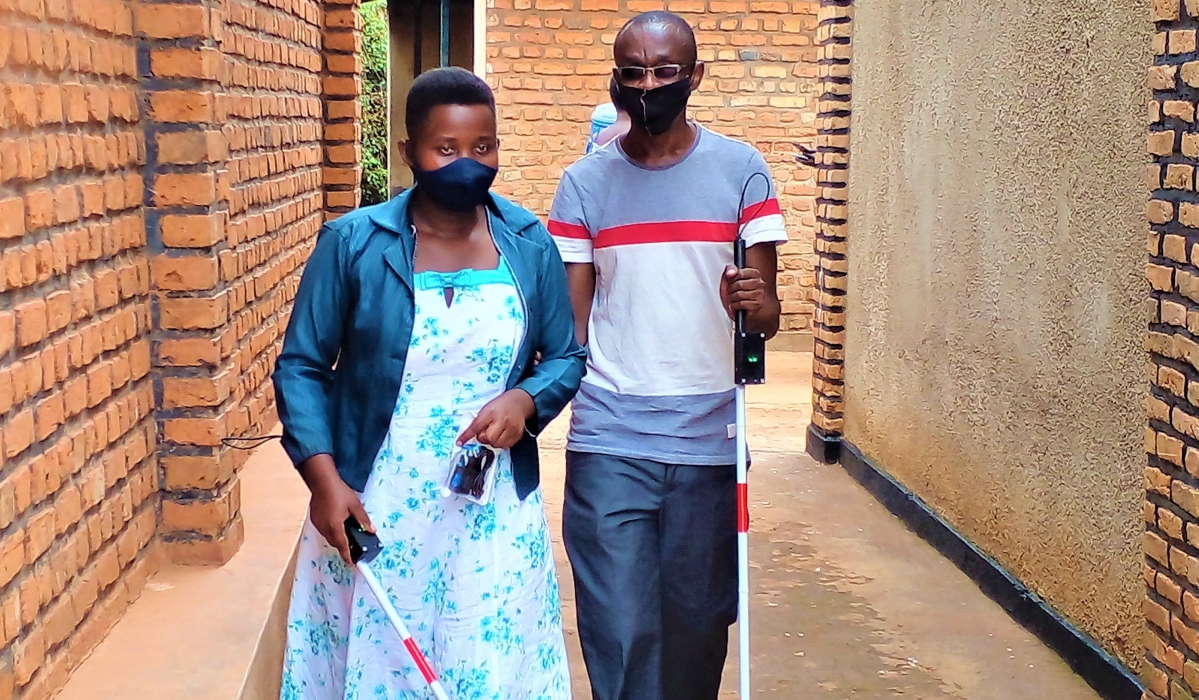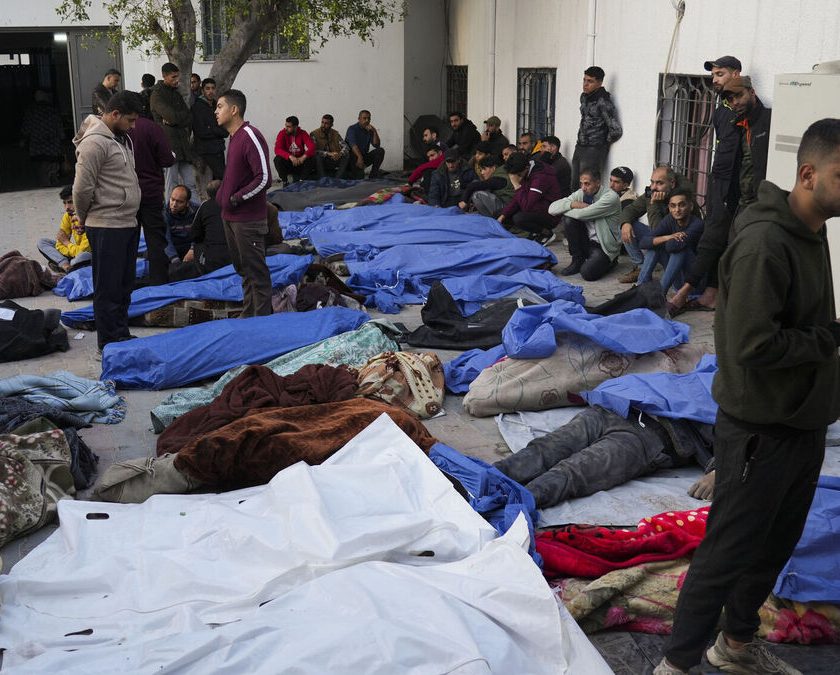Rwanda Union of the Blind (RUB), an organisation that campaigns for the rights of people with visual impairment, has called for the local production of special assistive tools, which are known as white canes.
A white cane allows blind or visually impaired people to scan their surroundings for obstacles or orientation marks. It also helps onlookers to easily identify the user as blind or visually impaired and take appropriate care.
The organisation says local production of white canes can make them more affordable. The call is being made ahead of the national celebration of the white cane, which will be held on November 15.
“The production of white canes should be started in our country so that people with visual impairment can get these gains nearby, in the districts where they live or at hospitals where they go for treatment,” said RUB’s president Beth Mukarwego.
“The white canes replace the loss of vision, replace the loss of the eye,” Mukarwego said, adding that the sticks enable blind and visually impaired people to lead more independent lives.
In Rwanda, an estimated 57,000 people have visual impairment, but less than 10 per cent of them use walking sticks.
Currently, white canes used in Rwanda are imported and visually impaired people can get them at a price of $35 (approx. Rwf42,000).
The organisation mobilises donations from partners and charities, who provide a limited number of the sticks seen as the key to independent lives for visually impaired people.
Kenya is one of the countries that produce white canes in the region.
One company that had begun producing electric white canes in Rwanda stopped before it could start selling them, Mukarwego said. Its initial production was given to visually impaired people as a donation.
“We still think that other companies should explore the production of the white canes. If we can have these companies, white canes will become more affordable for people with visual impairment,” she said.
“We will buy them if they are produced here in Rwanda and especially if they are affordable because most people with visual impairment do not have money. They depend on other people to support them.”
The RUB has for years appealed to the government to include the walking sticks among services covered by community-based health insurance. If white canes were covered by health insurance, they could get them at 10 per cent of the current price.
Mukarwego said the inclusion of white canes in insured special needs devices remains the most viable option for making them available.
“I don’t think there’s any other alternative. We will continue to knock at the doors, because if you don’t knock then nobody knows your needs.”
SOURCE: TNT





